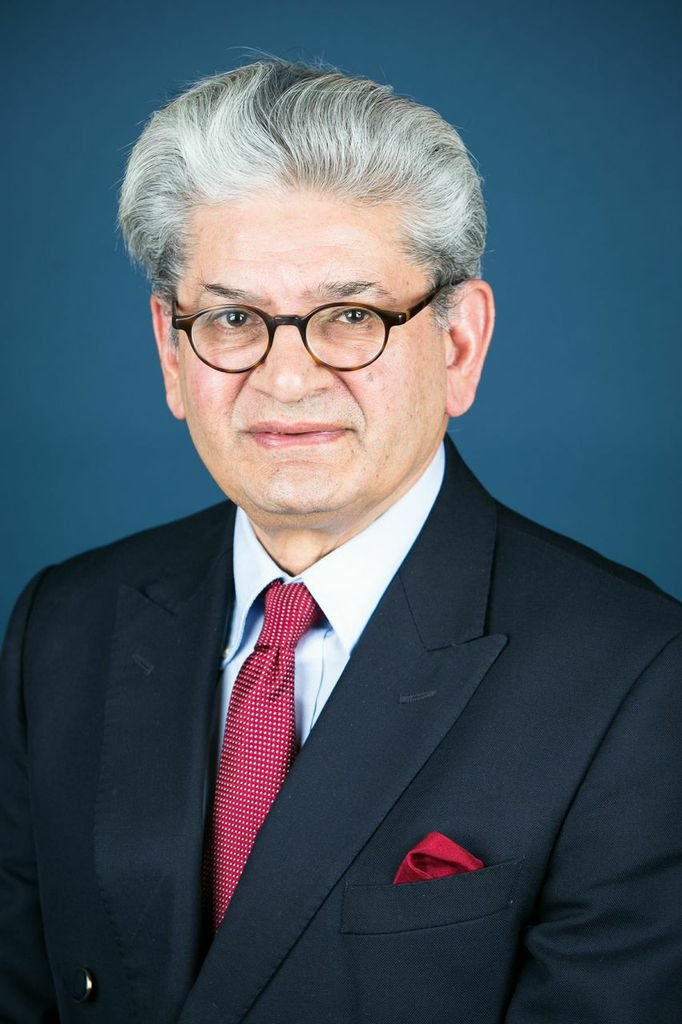Concentrated foreign (but not domestic) ownership improves some measures of performance relative to state ownership. Foreign investors engage in strategic restructuring by increasing the rate of change of sales, while domestic private owners reduce the rate of change of sales and labor cost without increasing profitability. The effects of concentrated foreign ownership support the agency theory and go against theories stressing the positive effects of managerial autonomy and initiative. Our results are also consistent with the thesis that large domestic stockholders are not improving performance because they loot the firms. We find some support for the hypothesis that firms restructure by first lowering and later increasing the rate of change of employment. The state as a holder of the golden share has a positive effect on employment, while stimulating profitable restructuring. The state hence appears as a more economically and socially helping agent than in some recent studies.

Remarks by Martín Guzmán at 12th Edition of the Paris Forum: Key findings and conclusions of the Jubilee Report
Dear members of the Paris Club Secretariat, Thank you for the invitation to present some of the key findings and conclusions of the Jubilee Report, commissioned by Pope Francis and prepared by a Commission of
 Jan Hanousek
Jan Hanousek Arjun Jayadev
Arjun Jayadev Akbar Noman
Akbar Noman Joseph Stiglitz
Joseph Stiglitz